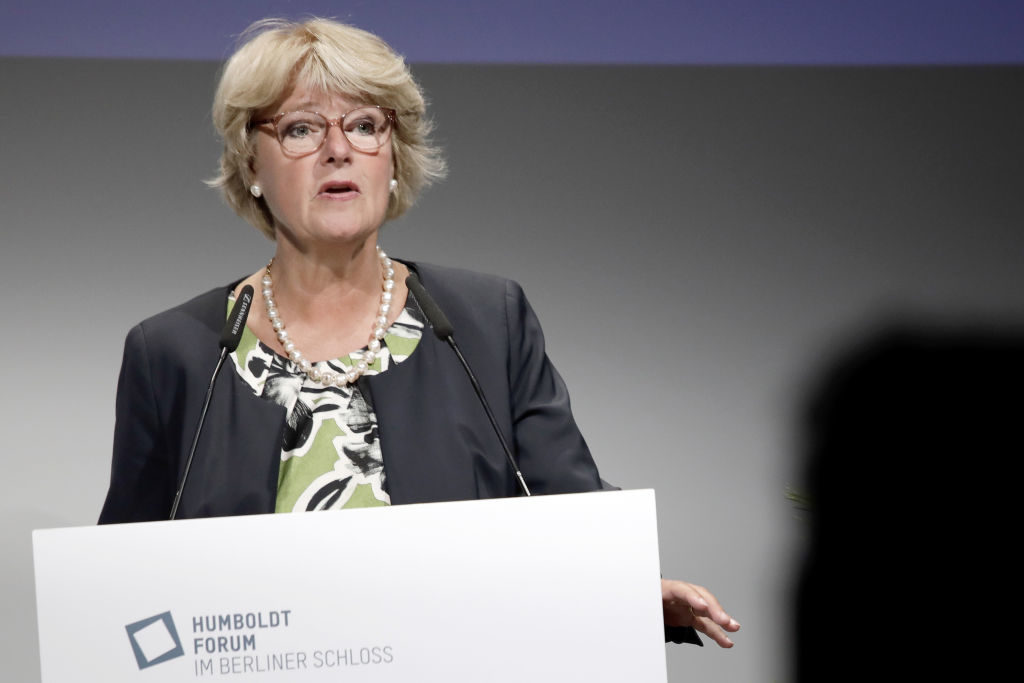Politics
Germany’s Culture Ministers Request More Support for Arts Workers as Last Month’s Staggering €50 Billion Aid Package Proves Insufficient
The cultural heads of Germany's 16 states are asking for the federal government to give more aid.

The cultural heads of Germany's 16 states are asking for the federal government to give more aid.

Kate Brown

Pressure is rising for governments around the world to provide better support for cultural workers, many of whose livelihoods are in free fall. In Germany, culture ministers across the country’s 16 states are now calling on the federal government to release more money.
While galleries and museums are gradually reopening across the country, gatherings of 1,000 people or more will be banned until August 31. Gatherings of more than 5,000 people will be banned until October. Meanwhile, strict social distancing measures are in place for reopened galleries and museums, which means fewer visitors and ongoing economic troubles for the event-centric culture sphere.
In a letter to the federal heads, including culture minister Monika Grütters, finance minister Olaf Scholz, and the minister for economy Peter Altmaier, the state ministers ask for aid beyond the first rollout of €50 billion ($54 billion) for freelancers and businesses including those in cultural, creative, and media sectors.
“The economic situation of cultural workers and also of cultural institutions will continue to worsen,” reads the letter, which was first reported today by DPA. “Further joint efforts are required to prevent the art and cultural landscape from becoming impoverished because of the Covid-19 crisis.”
In mid-March, the federal government pledged a package that included support for self-employed workers, including artists and small businesses, such as galleries. The funding is being doled out as grants and bridge loans of €9,000 ($9,700) and €19,000 ($20,500). At the same time, states introduced various measures of support. The gallery- and artist-rich capital of Berlin handed out €1.4 billion ($1.5 billion) in the form of individual €5,000 grants to freelancers and €14,000 to small businesses.
While commending the federal government for having brought “important measures quickly into place,” the letter calls for more collaboration to create “a comprehensive program of federal aid for the cultural sector to be launched in consultation with the states.”
The ministers also highlight that the funds did not cover the needs of self-employed artists who have suffered a “considerable loss of income,” and small cultural institutions that have fewer than 10 employees. Its authors also highlight the unique situation of artists, who have to deal with canceled exhibitions and events. Since the situation is not likely to change soon, the letter states that programs need to be developed “to provide aid for both an even longer period of closure and for the start-up of operations and the promotion of production for individual sectors.”
Bavaria’s culture minister hopes that the federal government will evolve its funding as the situation changes. “It is important to form structures that are as uniform as possible throughout Germany,” he tells DPA.
German museums are planning to open throughout May, and some small museums in Brandenburg have already opened following German Museums’ Association guidelines. Galleries in Berlin have been allowed to open since April 20 so long as they adhere to social distancing rules and preventative health measures.